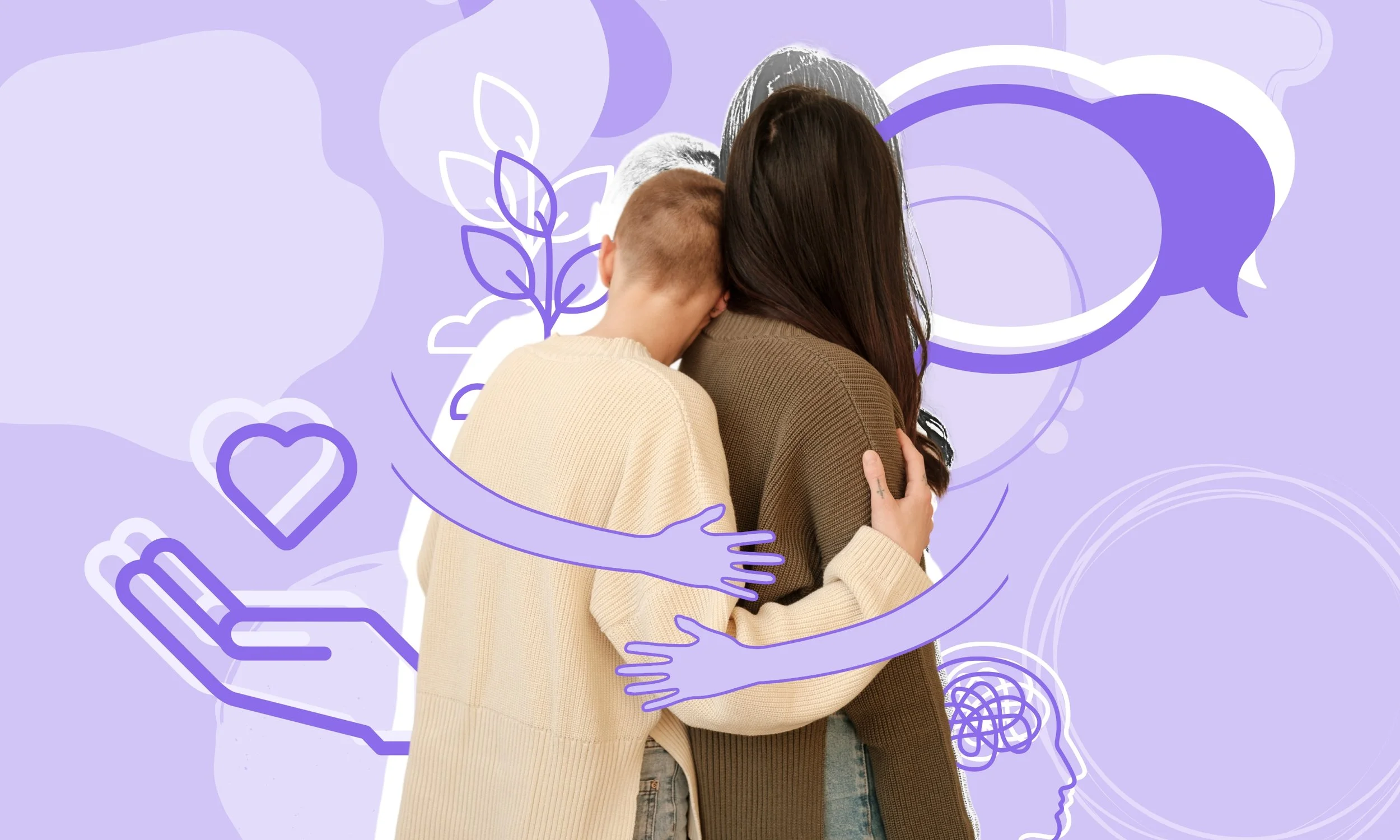Mental Health and Relationships: How to Support Each Other
Let’s be real: relationships are a beautiful mess of emotions, connection, vulnerability, and growth. Add mental health into the mix, and things can get even more layered. But here’s the good news—you can support each other through the highs, the lows, and everything in between.
Whether you're navigating anxiety, depression, burnout, or just the occasional existential spiral (we've all been there), learning how to show up for your partner and yourself is a relationship superpower.
So, how do you do it without turning into your partner’s therapist or losing yourself in the process? Let’s talk about it. 💬
1. Communication Is Everything
When it comes to mental health in relationships, open and honest communication is the name of the game. That doesn’t mean you need to overshare every intrusive thought—but being able to say things like “I’m feeling really off today” or “Can we check in later?” builds emotional intimacy and trust.
Need help learning how to express your emotional needs? Start by exploring how to set boundaries in a relationship—they’re not walls, they’re bridges to better connection.
2. Support ≠ Saving
It's natural to want to “fix” things when someone you love is struggling. But your role isn’t to be their savior—it’s to be their support system. That might mean listening without judgment, validating their feelings, or encouraging them to seek professional help if needed.
Feeling overwhelmed trying to do it all for your partner? You’re not alone. Learn how to manage emotional overload with our piece on how to deal with relationship anxiety.
3. Normalize Mental Health Check-Ins
Normalize questions like:
“How are you feeling lately—really?”
“What’s been on your mind?”
“Do you need space, support, or snacks?”
These check-ins don’t need to be heavy—they can even become a cute ritual. Think of them as relationship maintenance, like oil changes but with more feelings and fewer mechanics.
4. Take Care of You, Too
Supporting someone with mental health challenges can be… a lot. That’s why your own self-care is non-negotiable. Set boundaries when you need to, take breaks, and make time for things that fill your cup (even if it's just binge-watching your favorite trash TV).
Remember: mutual support means nobody’s running on empty.
5. Create a Safe, Shame-Free Space
Make your relationship a space where talking about therapy, meds, stress, and mental health isn’t taboo. Validation goes a long way. So does asking “What does support look like for you right now?”
In non-traditional relationships especially, creating emotionally safe spaces is key. Curious about how this shows up in different dynamics? Our blog on asexuality and intimacy offers a beautiful lens on supporting partners in unique ways.
6. Grow Together, Not Apart
Mental health journeys aren’t linear, and neither are relationships. But that doesn’t mean you can’t grow together—even through the tough stuff. Be patient, celebrate small wins, and don’t be afraid to try new tools or approaches.
Exploring your emotional toolkit together? Check out our blog on building trust gradually when exploring kinks for more tips on co-creating safe emotional ground.
It’s a Team Effort
Supporting each other’s mental health in a relationship is like learning a dance. Sometimes you lead, sometimes you follow, and sometimes you trip over each other’s feet—but you keep showing up. 💃🕺
So take the time, have the conversations, and don’t forget to check in with yourself, too. You both deserve love that feels safe, seen, and supported.

